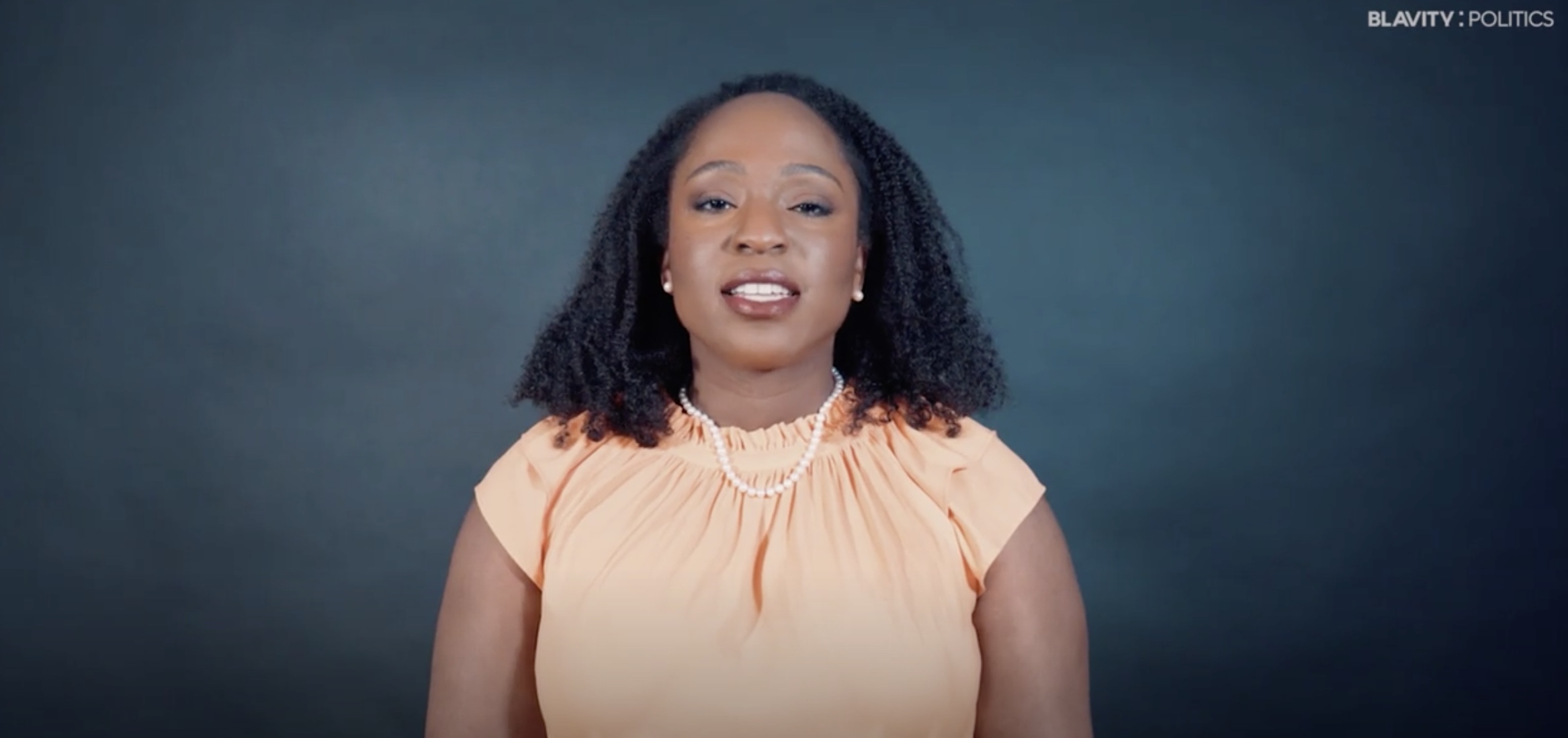Many have the nerve to say that Black people don’t have economic staying power in our society. When it comes to politics, Black candidates usually lack the funds or support they need to sustain successful campaigns in political elections. The Black Economic Alliance (BEA), a political action committee (PAC) comprised of Black business leaders, philanthropists and political advocates, are doing everything to change this statistic. Akunna Cook, founder and executive director of BEA, sat down with Blavity Politics to talk about what BEA is doing to make sure Black candidates are making waves in the 2020 election.
The BEA began when Akunna Cook and a few other Black philanthropists realized that they can do more politically for their community than give money individually toward political campaigns. The committee formed as a way for Black business leaders to tap into the resources and networks that they had, to provide political power through accountability. By bringing together different industry heads and wealth holders, Cook has built a PAC that can sway politicians to modify their platforms so that they also focus on the economic power of Black people.
“There has never really been a successful PAC and a successful collective effort around economic progress in the Black community,” Cook told Blavity. “That’s where BEA feels they can have a tremendous impact.”
Cook also emphasized how connecting Black politicians with those who are affected by existing economic policies can spark solutions that can help bridge the wealth gap. Through BEA, Black folks can see accountability from political leaders to enforce and enact policies that reduce the barriers to economic power.
According to a report by the Economic Policy Institute, Black Americans’ economic struggle hasn’t changed much over the past 50 years — right down to the number of Black homeowners. In 2017, the unemployment rate for Black Americans was at 7.5 percent. The poverty rate for Black Americans in 2018 sat at 21.8 percent compared to 8.8 percent for white Americans. Furthermore, the median household wealth for Black Americans is 10 times lower than white Americans.
The BEA focuses on advocating for candidates whose policy agenda includes increasing work, wages and wealth for Black people. During the 2018 congressional, gubernatorial and Senate elections, BEA poured approximately $6 millions into 26 candidates, who advocated for high paying jobs and opportunities to build wealth for the Black community. Some of the candidates that BEA has thrown their support behind are Stacey Abrams, whose campaign platform for Georgia governor included the Economic Mobility plan; Andrew Gillum, whose campaign for Florida governor included a strategy that would provide Black people more job opportunities; as well as Rep. Lauren Underwood, whose successful campaign in to represent Illinois’ 14th congressional district encouraged more investment into workforce development programs. In addition, the BEA put the pressure on these 2018 political candidates to ensure that conversations emphasized prioritizing a change in economic policies, a topic that is often neglected or dismissed.
“There are going to be structural changes happening that are going to affect all Americans, but are going to especially affect Black communities,” Cook said. “So it’s really critical that this group has come together to focus our politics on issues that have been long-standing in our communities, but are actually poised to become worse without some action.”
Now, Cook hopes to maintain this pressure in the upcoming presidential election.
“As we look toward 2020, a part of what we want to do is to make sure that those candidates are actually keeping those promises that they’ve made to us as a condition of our endorsement,” Cook explained.
The BEA also wants to encourage more political candidates to make economic progress for Black people a priority in the 2020 presidential election. There’s a new economy on the rise, which Black millennials will have a huge stake in with their contribution and political vote. Cook wants more Black millennials to get involved, and join forces with BEA to organize in numbers and make their voices heard.
Now, check this out:
Unpacking PACS: Here Are Four Political Action Committees Supporting Black Candidates
House Democrats Launch Investigation Into Voter Suppression In Georgia
How Black Women Are Rising Up And Owning Their Political Power
